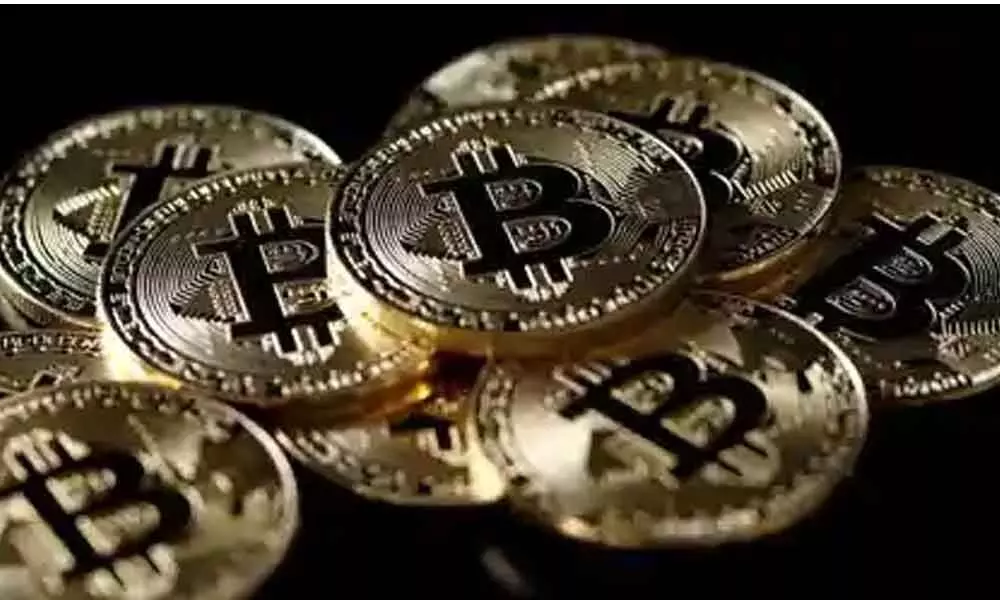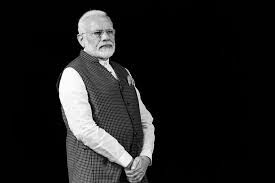Virtual currency all set to make a comeback

The Supreme Court on March 4 struck down a circular issued by the Reserve Bank of India (RBI) which directed banks not to deal in transactions involving cryptocurrency (Internet Mobile Association of India v. Reserve Bank of India).
The Supreme Court on March 4 struck down a circular issued by the Reserve Bank of India (RBI) which directed banks not to deal in transactions involving cryptocurrency (Internet Mobile Association of India v. Reserve Bank of India).
A three-judge Supreme Court bench said in its ruling that while the Central bank had the power to take pre-emptive action, the court questioned the 'proportionality' of such measures. "RBI needs to show at least some semblance of any damage suffered by its regulated entities.
But there is none," the court said in a 180-page ruling. It was in April 2018, that the RBI issued a circular barring banking and financial services from dealing in transactions involving virtual currency or cryptocurrency such as Bitcoin. This was challenged by the Internet Mobile Association of India.
The ban led to plummeting trade volumes and exchanges shutting their businesses. This judgment will now clear any confusion surrounding the use of cryptocurrencies in the country. In fact, only banks were barred from dealing in crypto. It is likely that Indian exchanges which have shut down after the RBI's order will reopen now.
Volumes of the Indian market in this regard will certainly increase now. Before the ban, Indians traded approximately 2,500 bitcoins per day, according to industry experts. He expects the number to be even higher in the next three to four months. The basic question before the court was just this: whether this is a currency or a commodity?
When virtual currencies are legal, can trading be banned in them? It was the case of the petitioners that cryptocurrency is like a commodity and is not a currency, as the name suggests. Therefore, the RBI ought to have treated it as such. Cryptocurrency is like 'casino chips' and not like actual currency, it was contended.
Cryptocurrency, as is, faces no ban from the RBI and the circular in question had only barred banking services from 'providing any service in relation to virtual currency'. This stand was made clear by the RBI before the apex court. Further, the same was being done to prevent the cryptocurrency industry from affecting payment services in India.
However, the petitioner organisation, IMAI, argued that without a specific and explicit ban against cryptocurrency, any trade in the virtual currency was legal within the ambit of the Constitution of India.
The Financial Action Task Force (FATF), which is an inter-governmental organisation founded in 1989 on the initiative of G-7 to develop policies to combat money laundering, submitted a report in October 2015 on "Emerging Terrorist Financing Risks".
This cannot be ruled out as virtual currencies such as bitcoin have attracted the attention of various criminal groups and may pose a risk for TF (terrorist financing). This technology allows for anonymous transfer of funds internationally.
While the original purchase of the currency may be visible (e.g., through the banking system), all following transfers of the virtual currency are difficult to detect.
It is to be seen whether the RBI comes up with new regulations surrounding digital currencies that can address regulatory concerns as well as aid growth in the ecosystem. The government too has to wake up to all challenges and make its move.











